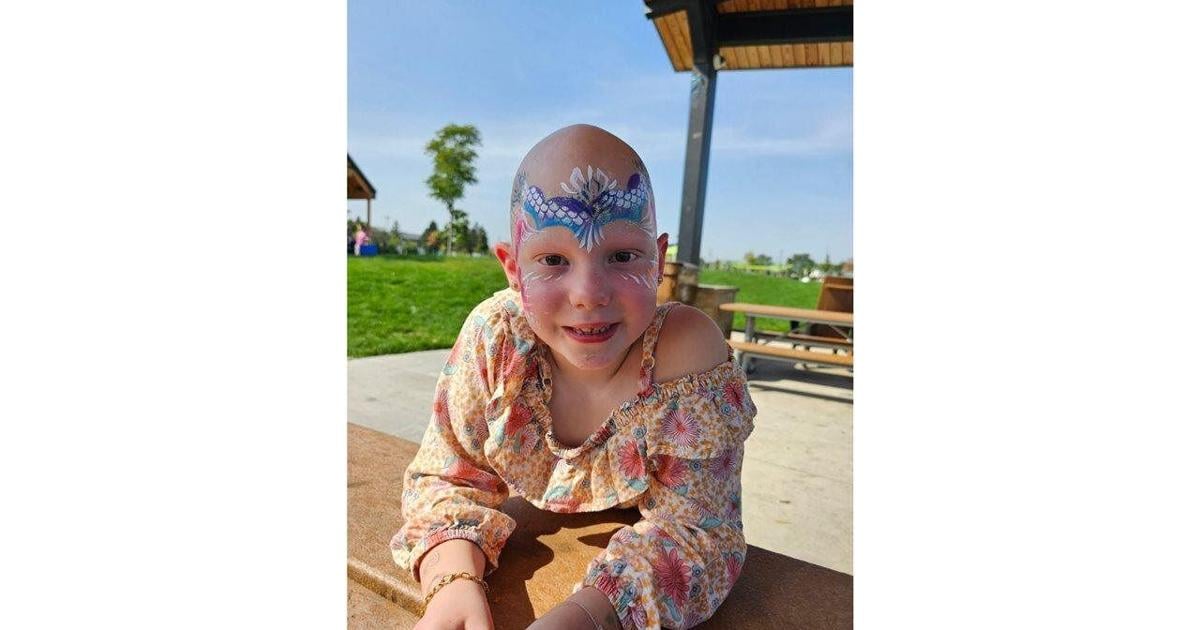

Navigating the Challenges of Alopecia Areata: A Mother’s Journey Towards Community Support
When Leslie received the diagnosis of alopecia areata for her daughter, Keira, at the tender age of two, she found herself grappling with a multitude of emotions. Like many parents facing unexpected health challenges for their children, Leslie felt an overwhelming sense of isolation and uncertainty. “It was so isolating and lonely,” she recalled, desperately seeking both information and a community that could offer support.
Alopecia areata is an autoimmune condition that leads to hair loss, and its unpredictable nature can deeply impact the lives of those affected, particularly young children. As Keira entered school, the implications of her diagnosis became even more evident. The awareness of her difference became a source of distress. One poignant moment occurred when Keira expressed her struggle: “Being the only bald kid at school is really hard.” This heartfelt statement underscored the emotional toll that alopecia can take on young children navigating social environments.
In response to her daughter’s experiences, Leslie has made it her mission to connect with other families dealing with similar challenges. This search for community is essential for mental well-being, as support networks can provide not only practical advice but also emotional resilience. Struggles with self-image and feelings of isolation are common among children with visible differences, and their families often face similar hurdles.
Finding solace and camaraderie among other parents has proven crucial for Leslie. The establishment of support groups, both online and in-person, can create a network of understanding that alleviates feelings of loneliness. Such communities often share valuable resources on coping strategies, treatment options, and ways to foster confidence in children.
Organizations dedicated to alopecia awareness are instrumental in providing education and advocacy. They often host events and discussions that encourage acceptance and understanding, promoting the message that differences, such as hair loss, do not define a person’s worth or capabilities.
Leslie’s journey serves as a reminder of the importance of community and dialogue in addressing the impacts of alopecia areata. Through her efforts, Leslie hopes to empower not only Keira but also other children facing similar experiences, helping them navigate their unique challenges with resilience and confidence. Ultimately, building a supportive environment can transform how children perceive their differences and foster an inclusive culture for all.



